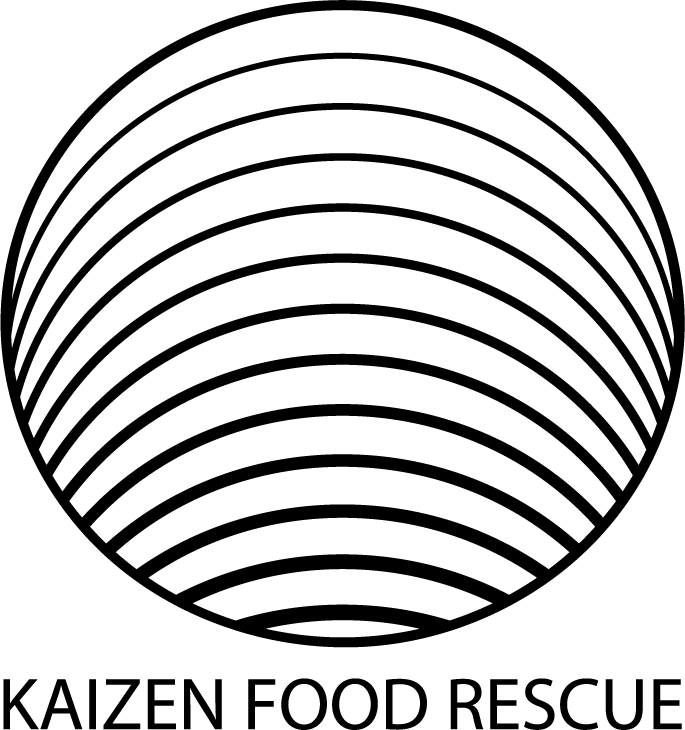Community Pop-Up Food Shares
Community pop-up food shares are temporary food distribution events organized by community groups or organizations to provide affordable, nutritious food to members of specific communities. These events can take place at various locations, such as community centers, schools, or churches, and may be set up as drive-through or walk-up distributions. Pop-up food shares are particularly helpful during emergencies or crises, when there is an increased need for food assistance. They can also complement ongoing food programs or target specific groups with limited access to regular food resources. These events play a significant role in addressing food insecurity and promoting food security within communities.
In July 2019, Kaizen launched an emergency mobile food share program to offer no-contact curbside food distribution for low food access communities affected by food apartheid. This initiative empowered community members while preventing the waste of nutrient-dense food. To date, Kaizen has redistributed over 11 million pounds of food to communities impacted by food apartheid. The program has helped families save up to $200 per visit and provided thousands of participants—across 93 zip codes—with fresh produce and culturally relevant foods.
Refugees pitching in at the weekly community food share at the Asian Pacific Development Center in East Colfax / Aurora corridor.
A community pop-up food share at Great Work Montessori School in Lakewood, Colorado. Educators, parents and students are filling up food shares for the community.
To support this program, volunteer or make a meaningful contribution today!
* We use the term food apartheid to emphasize that the lack of access results from structural inequalities and deliberate resource allocation to exclude healthy food from communities of color and low-income communities as a result of systemic racism and classism.


